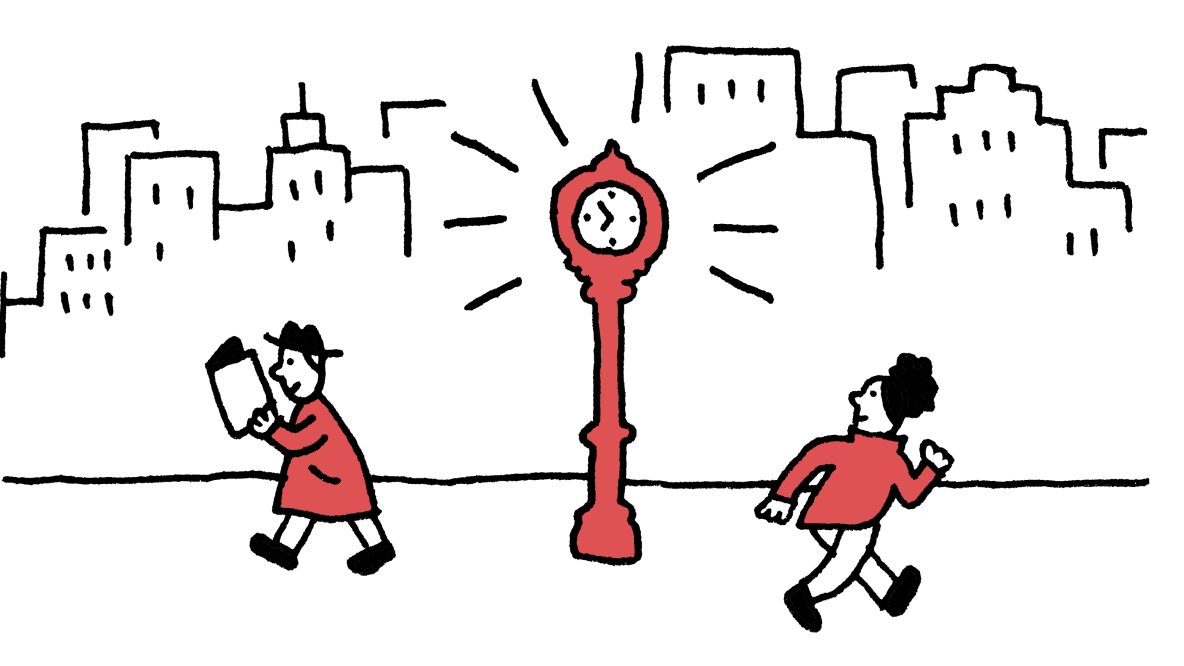We’re living in a moment of political and economic upheaval. We asked New Yorker staffers to recommend books to help better understand all that is unfolding around us. Plus:
These are tense times. Attempts to make sense of contemporary life can often feel fruitless. For some clarity, staffers recommended books they’ve found instructive about our strange shared reality. Their picks examine the power of demagogues, the injustices of the immigration system, the reasons protest movements have failed, and the fear of others.
By George Saunders
I’ll bet Saunders wishes he had been less prescient than he was when he wrote this fable, twenty-odd years ago, about a demagogue who exploits his compatriots’ fear of foreigners to launch himself into his nation’s Presidency—inaugurating a new era of cruelty and violence against the weak. The demagogue, Phil, a “slightly bitter nobody” who resides in the large and strong country of Outer Horner, discovers that he has a talent for swaying audiences by disparaging the inhabitants of a tiny neighboring land. Inner Horner can hold, at the most, only one of its citizens at a time, leaving the others no choice but to spill over into Outer Horner—an aggressive border incursion, to hear Phil tell it. Soon Outer Horner begins levying taxes (tariffs, anyone?) on the Inner Hornerites, and physically attacking them when they can’t pay. Phil speaks in a Trumpian register, though with a touch more whimsy: a day that didn’t go his way, “Dark Dark Thursday,” is followed by “the Memorable Friday of Total Triumphant Retribution.” Let’s just hope that Saunders’s prophetic vision holds when it comes to the “brief” part.—Douglas Watson, copy editor
By Valeria Luiselli
Ten years ago, the Mexican American novelist Valeria Luiselli started working as a volunteer interpreter at New York City’s main federal immigration court. She was tasked with asking unaccompanied child migrants the forty questions that are listed on the intake questionnaire, and then translating their answers into a story in English, with the hope that some narrative cohesion could protect them from deportation back to Honduras, El Salvador, and Guatemala. “Tell Me How It Ends” is a studied, sober examination of the way language—“safe,” “alien,” “threat”—becomes machinery for the state, and how absurd its boilerplate reads during a struggle for survival. In just over a hundred pages, Luiselli paints a grotesque picture of the American immigration system, and forces the reader to replace names and numbers with faces and full lives. The book interweaves an account of her own family’s green-card process with the dark history of U.S. military involvement in the Americas, policy briefings, and excerpts of her interviews with children as young as five—among them a boy who saw his younger brother get shot and killed by gang members and another who, because of his pending bid for asylum, couldn’t attend the funeral of a friend he’d watched die. Published two months into Trump’s first term, it weighs heavier now than ever, as civil protections continue to erode and the rule of law is failing to hold.—Holden Seidlitz, fact checker
